The carnivore diet is possibly one of the most controversial lifestyle choices you can make, but even within the carnivore community, there are disagreements about supplements.
At Carnivore Style, we know that staying informed is just as important as staying consistent, especially when it comes to nutrition and long-term health.
So, what we’ve done is sit down with a dietitian who was supportive of this high fat and protein diet for some further advice.
Over several months we managed to identify some of the best carnivore diet supplements that can help make things easier and avoid some long term effects.
Read on to see our top picks.
Top 9 Carnivore Diet Supplements
1 - Performance Lab Whole-Food Multivitamin
- Natural source of vitamin C for immune health
- Good source of zinc and selenium for hormone balance
- Gender-specific hormonal support in men’s and women’s formulas
- Offers digestive support with built-in probiotics and prebiotics
- Requires up to 6 capsules for additional nutritional reinforcement
Performance Lab has become a highly trusted player in the fitness and weight loss supplement industry. As far as high-quality multivitamins with added minerals go, this whole food option is considered to be one of the best available. It applies whether you have a high-carb diet or a carnivore diet.
What we like about it is that you can buy it in a formula for men or women. As there are subtle differences in the amounts of nutrients both genders need, it’s convenient to get the ideal dose while on a meat-based diet.
Yes strictly speaking it contains a lot of plant ingredients, but the fact is that it contains vital nutrients that you could be lacking in your carnivore diet.
2 - Transparent Labs Proteinseries Collagen
- 10g grass-fed collagen per serving, boosting skin and joint health
- Affordable pricing, providing value for money
- No artificial sweeteners, coloring, or preservatives, ensuring purity
- Less than 2 grams of carbs from the natural cocoa flavor
- Texture may be gummy, requiring precise water-to-powder ratio
If you’re particular about not having artificial ingredients added in for flavor and sweetening, then Transparent Labs is the way to go while you eat meat exclusively.
This collagen supplement uses natural ingredients to create a chocolate flavor, without giving you something with tons of carbs to mess with your ketosis.
While you do get 11 grams of collagen sourced from beef, it’s not grass-fed beef. For a lot of carnivore dieters, that is a very important factor, so keep that in mind.
3 - LMNT Recharge Electrolyte Hydration Powder
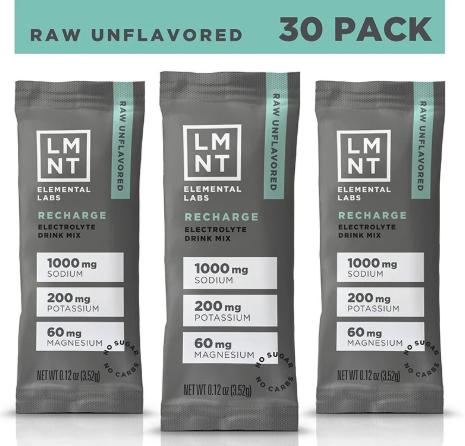
- No sugar, gluten, artificial ingredients or any other fillers
- Convenient packets, easy mixing on-the-go
- 1000mg sodium replenishes intense workout losses
- Citric acid in watermelon flavor offers unique taste
- Potentially too salty for some palates
We recommend using electrolytes, especially while you make the transition to the meat diet. Each pack has sodium, magnesium, and potassium to help you stay hydrated.
This will minimize muscle cramps, fatigue, and many people have reported it to help with their sleep. I switched to these packs after getting them recommended to me by a lady in one of the carnivore Facebook groups.
Developed by Robb Wolf, who is a New York Times best selling author and well-known health expert, focused on primal living, created this pack with keto in mind.
4 - Redmond Ancient Fine Sea Salt
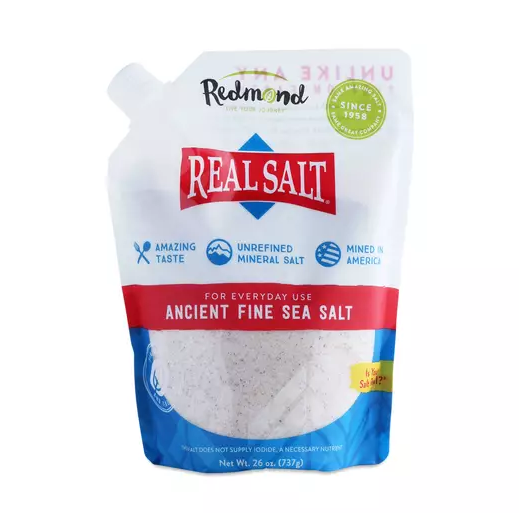
Salt's not just a supplement; it was once a prized currency. I wish I'd known to up my intake from the get-go.
Redmond's salt, unrefined and mineral-rich, hails from an ancient Utah seabed. Plus, it's American-made.
- Unrefined, retaining natural trace minerals
- Packed with essential minerals for health benefits
- Tastes great on steak and other red meat
- Available in different size packages and grain size for many uses
- Price per ounce might be high for bulk buyers
- May require adjustment in recipes accustomed to regular salt
You'll notice it has a distinct taste and makes an excellent seasoning for fatty cuts of meat. Now I can't eat ribeye without it.
5 - Kettle and Fire Beef Bone Broth
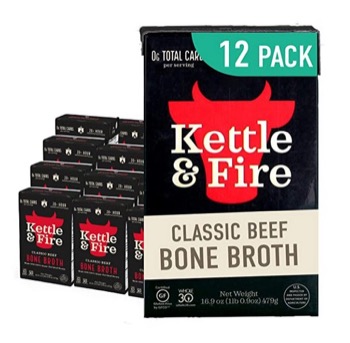
When I'm short on time, I go for Kettle and Fire instead of homemade broth. I often whip up a pot in the morning, filling a thermos for work or road trips. It's crafted from 100% pasture-raised, grass-fed beef, packed with natural collagen and amino acids—perfect for a speedy, effortless snack.
- Pasture-raised grass fed and finished cattle
- Nutrition-dense, rich in gelatin
- Affordable compared to other premium broths
- Free of hormones, antibiotics, and additives
- Contains citric acid, affecting acidity
6 - Ancestral Supplements Grass Fed Beef Organs
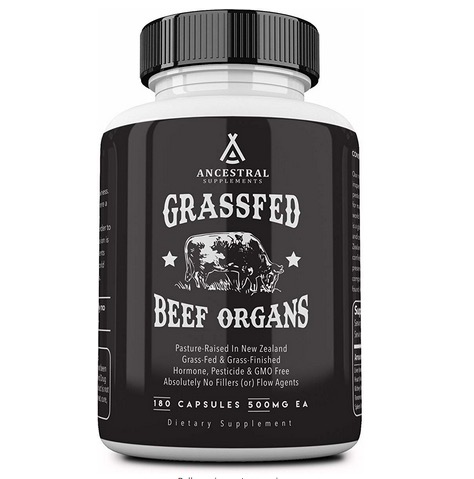
Not a fan of organ meat? No sweat, Ancestral Supplements has your back.
Every capsule packs beef liver, heart, kidney, pancreas, and spleen - the old-school superfood.
Loaded with vitamins B, D, A, E, and minerals like iron, phosphorus, and copper. Pop 6 a day, and you're set for a month.
- Heart ingredient, CoQ10, for heart and mitochondrial health
- Comes from pasture-raised grass fed and finished cattle
- Kidney component aids detoxification and immunity
- Grass-fed liver boosts metabolism and energy
- High-end pricing may deter some consumers
7 - Ancestral Supplements Colostrum
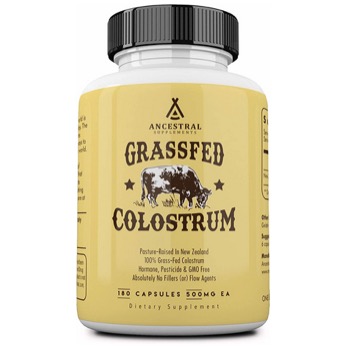
Colostrum is highly nutritious and comes from the cows after they give birth. It's packed with vitamins and is well known for improving gut health and your immune system.
From my experience, Ancestral Supplements does a good job of providing a quality product, and they are starting to build their reputation in the carnivore community. One customer even referred to it as immunity and skincare game-changer.
We found this idea from Dr Paul Saladino, the author of The Carnivore Code.
- Promotes gut health, beneficial for leaky gut
- Safe for most lactose-intolerant individuals
- Benefits hair, skin, nails, and joint health
- Consultation with a doctor recommended before use
8 - Omega-3 Wild Alaskan Fish Oil
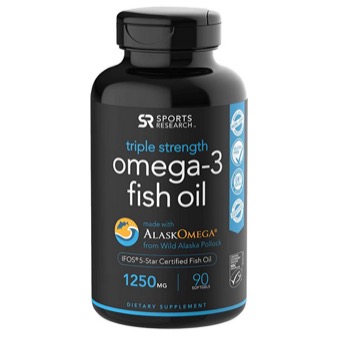
This Alaskan fish oil brand is great for boosting your diet with essential fatty acids. Packed with oil from wild Alaskan Pollock, it's a rare find that doesn't leave a fishy aftertaste, even if you take it before hitting the hay. But hey, if you're already munching on fresh fatty fish or fish eggs each week, you might not need this.
- Non-GMO tested, ensuring natural ingredient integrity
- Made by a family-owned company, ensuring product passion and quality
- High EPA & DHA levels, promoting cardiac health
- 80-85% pure Omega-3 concentration, ensuring maximum benefits
- Limited flavor options, restricting taste variety
9 - Codeage Protective Polyphenol Supplement
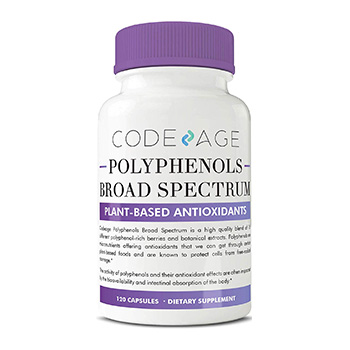
Codeage, a top-notch supplement maker, offers this well-liked polyphenol on Amazon. It's shown to combat cancer cells, with more benefits detailed ahead.
With a 30-day refund policy, you can test the product's impact on your blood's free radicals through before-and-after blood tests.
- Based on scientific evidence that it removes free radicals
- Third-party tested for purity and safety
- Immune-boosting effects for overall wellness
- Keto-friendly, complementing various diets
- May cause mild digestive discomfort in sensitive individuals
The downside is that for very strict carnivore dieters it won’t be an option as it’s entirely plant-based.
Common Nutrients Lacking In Meat:
Because the carnivore diet takes such a restrictive approach, there inevitably can be risks of some nutrient deficiencies and digestive issues.
Your protein intake will certainly not be lacking from all the beef, but if you ignore certain micronutrients and don't eat salt for long enough, you can start to feel generally bad and even develop some more serious side effects and health issues.
"You can hit your protein macros without going overboard by consuming more collagen, which is a source of protein that doesn’t contain the same amino acids as a steak. Instead, collagen is high in glycine, proline, and hydroxyproline — amino acids also support a strong gut lining."
- Dave Asprey
Nutrition Entrepreneur, and Author
The good news is that the above supplements will provide a good solution and eggs contain most vitamins.
1 - Magnesium
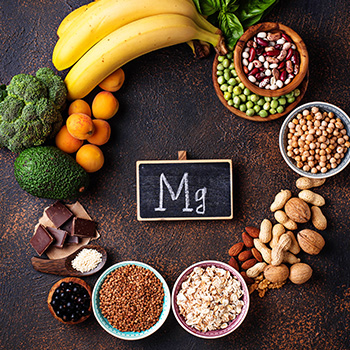
Sadly, most meats are low in magnesium. Even with daily hefty portions, you risk deficiency over time.
Here's the kicker:
Your body relies heavily on magnesium for numerous vital functions. A few months short, and you're looking at serious health problems.
Your metabolism needs it to process energy, it plays a role in regulating hormone levels, your muscles need it to synthesize protein, and it’s even required for DNA production [1].
One option is to eat fish eggs on a regular basis or to prepare your own beef bone broth using a slow cooking method. Alternatively, you can get extra magnesium from an Epsom salt bath.
2 - Potassium
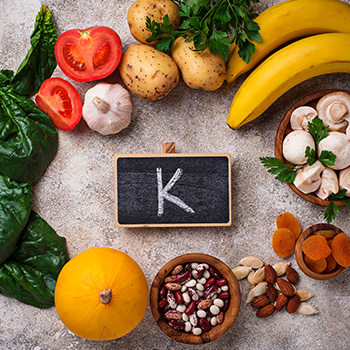
Potassium, a crucial electrolyte, maintains fluid balance in your cells.
Generally, meat isn't rich in potassium, except for organ meats.
Consistently low potassium can hike blood pressure [2], trigger kidney stones, weaken muscles, and cause irregular heartbeats.
Given the climbing heart disease rates, it's vital to keep an eye on electrolyte levels.
3 - Vitamin C and E
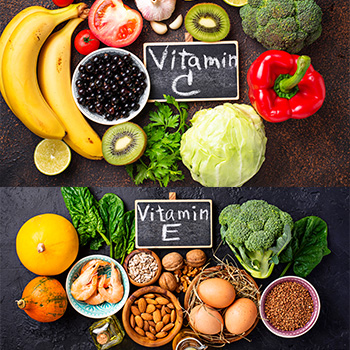
Vitamin C is an essential nutrient that we have to take in with our food because our body cannot produce it from other nutrients.
It is quite abundant in plant foods, especially fruit, but animal food items, mainly beef, doesn’t contain much vitamin C at all.
One option to boost your vitamin C levels is to eat more organ meat like spleen and lung. Not the most appetizing idea, which is why supplements are a good option.
Vitamin E deficiency on a carnivore diet is not as common, but if you tend to eat cheaper grain-fed meat, then this can happen.
4 - Fiber
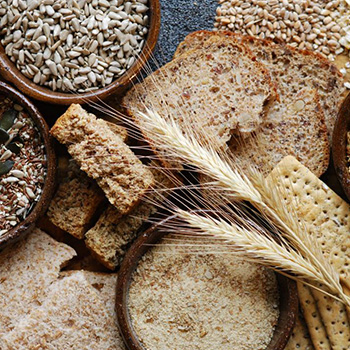
One thing you won’t find in
On the one hand, high fiber carbs are hailed as a vital part of a fat loss diet because it fills you up and keeps your digestion moving.
The question is whether this is actually an issue when you eat only meat?
For this, there is no definitive answer yet, but my personal approach has been to supplement fiber from plant food items, especially in the early days when your digestion is still adapting.
5 - Ketones
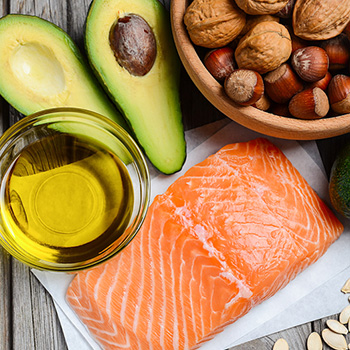
Dubbed 'keto on steroids,' the carnivore diet means feasting mainly on beef, high in fat and protein, while skipping carbs from plants and dairy. Initially, before your body switches to burning fat (ketosis), you might face the 'keto flu'—think headaches, nausea, and fatigue. Hang in there, though! These symptoms are short-lived. In a few days, your body starts using fat for fuel, shedding some pounds in the process.
During this switch, your blood sugar might dip. To dodge the slump, consider ketone supplements for an energy boost.
You can learn more about differences between keto and carnivore diet in this blog post.
6 - Polyphenols
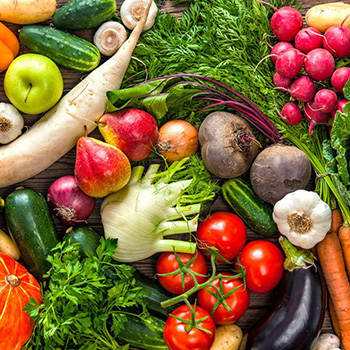
I only recently stumbled upon polyphenols while reading a nutrition magazine at my dietitian's office.
The plant-based antioxidants have been studied through clinical trials, and while the full facts and understanding are still pending, it does look like there is a link to protection against cancer and heart disease [3].
Again, animal food items don’t contain any polyphenols, so the only option is to use supplements.
Until this happens, your blood sugar can fall low, despite eating plenty of protein and fat. You can either suffer through it or take some ketone supplements to make you feel a bit more energized.
7 - Collagen
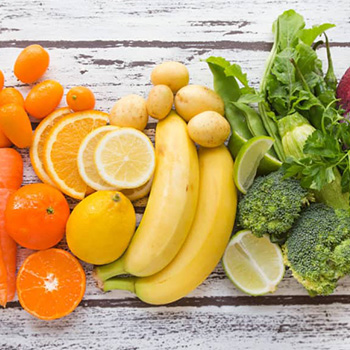
When we spoke to the dietitian, collagen came up, and it was almost too obvious.
Unless you're eating the rather unappetizing parts of an animal like connective tissue and tendons, you’re not going to be getting much collagen through your food.
It’s a vital protein for healthy skin, joints, and connective tissue [4], and it’s fast becoming one of the more common supplements that people on the carnivore diet take.
Deficiencies won’t happen overnight, and there are good options available to make you less reliant on supplements.
More Nutrients and Alternatives to Supplements:
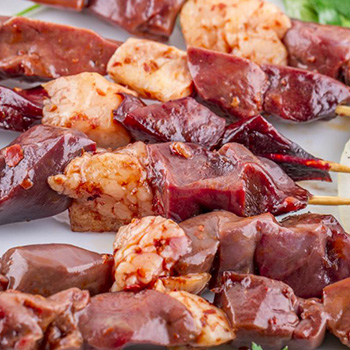
So, we’ve identified some nutrients that are lacking in beef, pork, and poultry.
While some of these nutrients may only be needed in the short term, there are ways that you can make sure you boost most of them without resorting to supplementation.
Let’s get right to it.
1 - Organ Meats
Eating animal organs has fallen out of fashion quite a bit. Just a few generations ago, most organs would be on prominent display at your local butcher.
These days, the majority end up in factories for dog food production.
It might take a bit of getting used to and learning some new cooking techniques to preserve the nutrients, but you’ll be amazed at how great you’ll feel if you start adding things like beef liver and chicken liver to your low carb diet.
Chicken liver is another budget-friendly carnivore diet option that you can frequently find on sale. For an online provider we recommend you see U.S Wellness meats.
2 - Bone Marrow
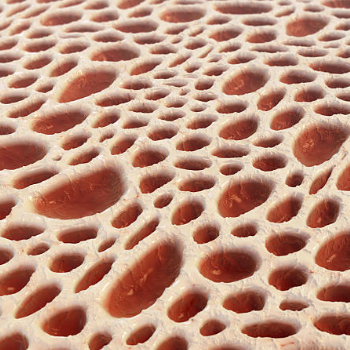
If you make your own broth from bone marrow by slow cooking it over 10 to 12 hours at a low temperature, then you can get all the magnesium and most vitamins you need on a day-to-day basis [5].
I usually make a batch once or twice a week and use a small amount either as a soup or sauce on my meat dishes.
You can also check out Porter Road for some really good beef and bone marrow.
3 - Connective Tissue
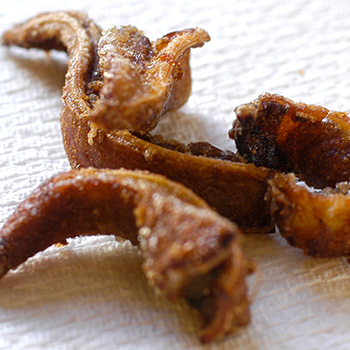
Sure, munching on pig's ears, snouts, or a variety of cow tendons and ligaments might not sound mouth-watering. Yet, they're top-notch natural carnivore supplements. Chat with your butcher about snagging some, especially one who processes his own livestock. Craving more tips on these unconventional eats? Dive into Shawn Baker's and Paul Sorbo's podcasts and online resources for the scoop.
Related Articles:
FAQs

Do Carnivores Need Vitamin C?
Yes, carnivores need vitamin C. If you eat about two pounds of muscle meat, you’ll have enough vitamin C. If you need more vitamin C, eat organ meats and seafood.
How Do You Get Enough Vitamin C?
Vitamin C is a controversial topic on the carnivore diet. I know many carnivores, including myself, who are doing fine without supplementation. I am still waiting for more research to see how much is really necessary.
Can I Have Lemon Water on Carnivore?
Yes, you can have lemon water on carnivore. Lemon water helps with dry skin, low energy, and bruising. Add one lemon juice to your water three days in a row.
Do Meat-Eaters Get B12 Deficiency?
Yes, meat-eaters can get B12 deficiency, even though grass-fed muscle meat is rich in B12. Meat eaters should take B12 supplements to make sure they have the correct amount of this vitamin.
Where Do Carnivores Get Calcium?
Carnivores get calcium from meat, eggs, small fish, bine broth, war milk, hard cheese, and salmon.
Do You Need Magnesium on Carnivore Diet?
Yes, you need magnesium on carnivore diet. Most people on a carnivore diet need 400mg of magnesium a day.
How Do You Get Vitamin E on Carnivore Diet?
You get vitamin E on a carnivore diet by eating grass-fed meat. Grass-fed meat is richer in vitamin E than grain-fed. You can also get vitamin E by eating fish eggs and salmon.
Where Do Carnivores Get Carbohydrates From?
Carnivores get carbohydrates from dairy products low in carbohydrates, such as butter and hard cheese.
And The #1 Carnivore Supplement Is ...
Nutrient shortages can be a big deal, but they won't hit you right off the bat with the carnivore diet. Early on, popping some ketones can clear up brain fog, and fiber helps your gut get with the program. But after that initial phase, you won't need many supplements to stay nutrient-rich.
But Performance Lab Multivitamin and bone broth are two that I take on a regular basis, and that I would highly recommend as supplements for carnivores.
At Carnivore Style, we aim to make your journey smoother with real advice and tried-and-tested solutions. Explore our other guides to find more practical tips and recipes that support your carnivore lifestyle.
References:
- https://lpi.oregonstate.edu/mic/minerals/magnesium
- https://ods.od.nih.gov/factsheets/Potassium-HealthProfessional/
- https://www.ncbi.nlm.nih.gov/pmc/articles/PMC2835915/
- https://www.ncbi.nlm.nih.gov/pubmed/18416885
- https://www.medicalnewstoday.com/articles/323903.php



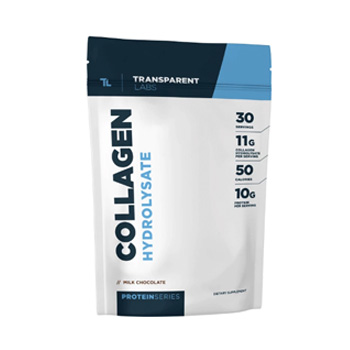
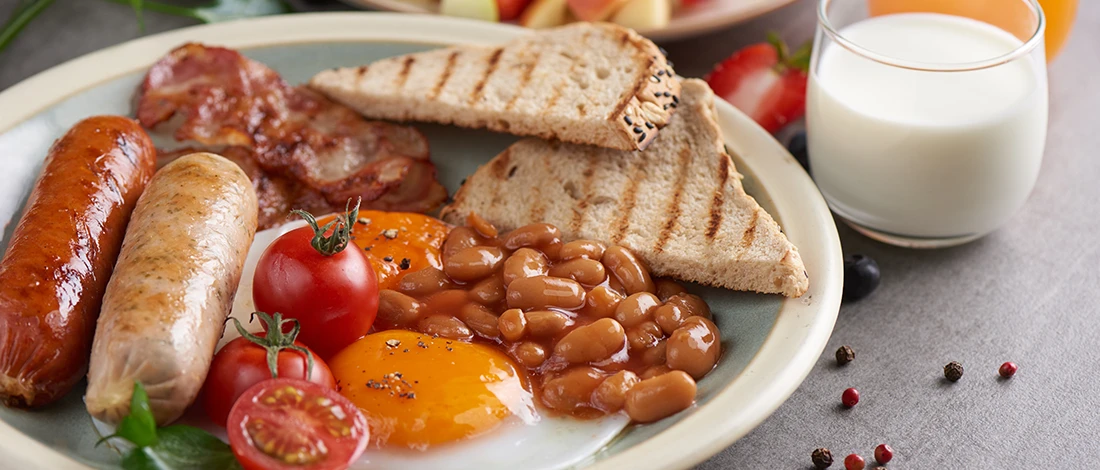
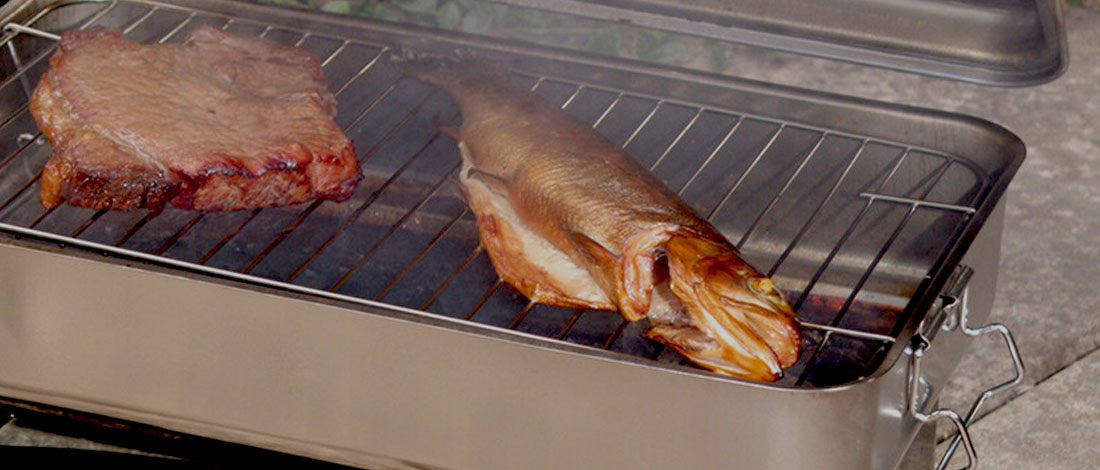
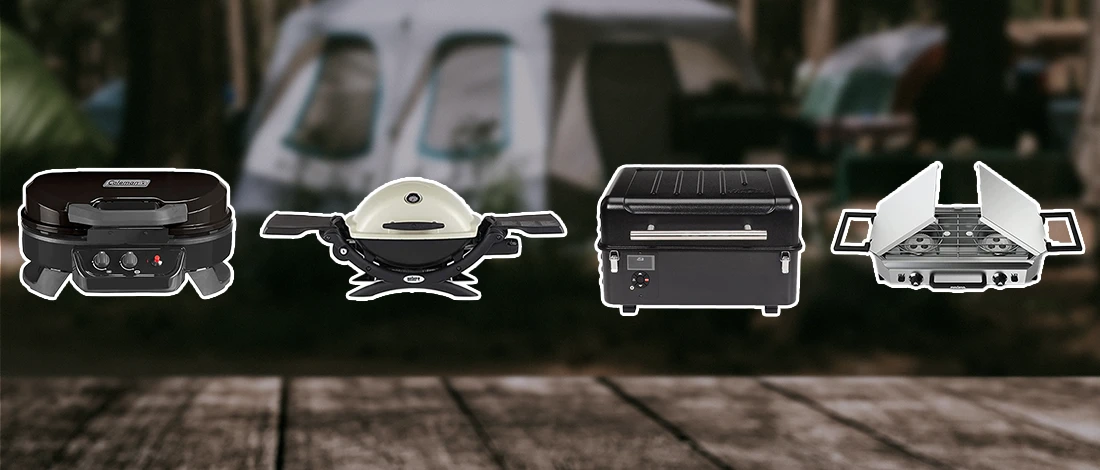
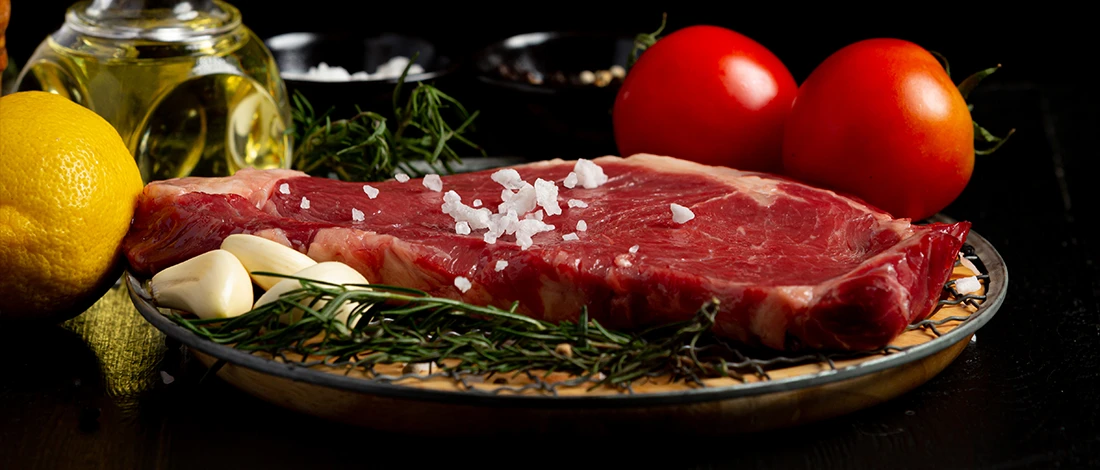



Thanks for this breakdown The Performance Lab multivitamin sounds ideal, but do you think it’s overkill for someone just starting the carnivore diet? Wondering if I should wait a bit before adding supplements.
The section on organ meats caught my attention. I’ve always avoided them, but the health benefits seem undeniable. Do you have a simple recipe to make beef liver taste less…intense?
This was a great read. I’m new to carnivore, and I had no idea I might need supplements. It’s nice to see a guide that doesn’t just say ‘eat more meat.’
Bone broth has been my go-to for staying full between meals. I’m using Kettle and Fire, and the flavor is amazing, perfect for busy days. Has anyone tried making their own broth? Wondering if it’s worth the effort.
The section on magnesium really hit home for me. I’ve been dealing with muscle cramps and didn’t think to link it to a deficiency. Adding an Epsom salt bath has been a game-changer—thanks for the tip